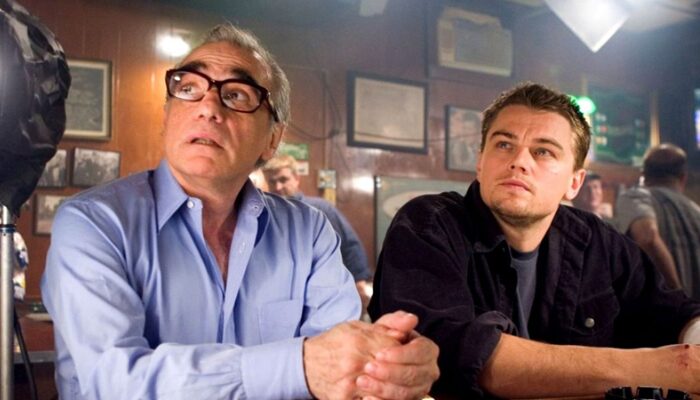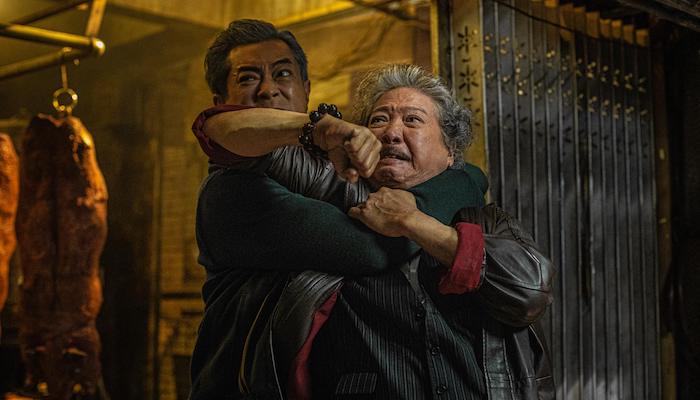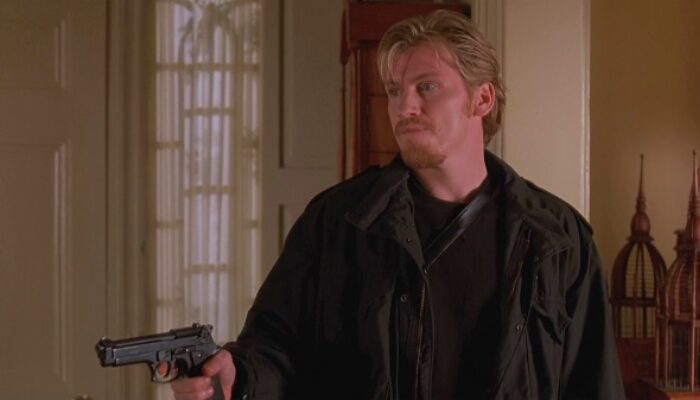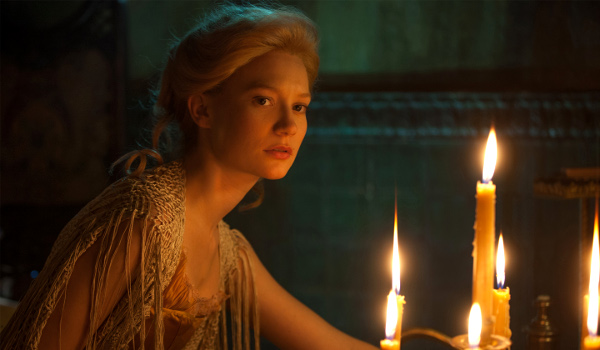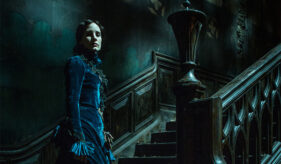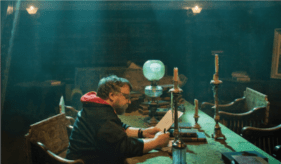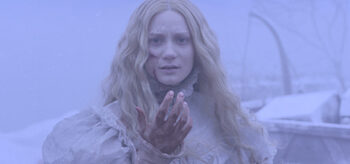Film Review: CRIMSON PEAK: A Doomed Love Story (With Ghosts In It)
Crimson Peak (2016) Film Review, a movie directed by Guillermo del Toro, and starring Mia Wasikowska, Tom Hiddleston, Jessica Chastain, Jim Beaver, Charlie Hunnam, and Burn Gorman.
Crimson Peak has a few well designed angles, not just within the darkly ornate Victorian set dressing and costuming, but akin to the story which I’m equating with a tomato that has a few spots that need to be removed before the juicy flesh can be savored. It isn’t a bad film, per say. It just limits the intrigue of the protagonist, Edith Cushing (Mia Wasikowska), in favor of a near perfect and headstrong character who is much too reliant on her father before his murder.
It is this turn in the story when she droops below her goal of writing for livelihood and is whisked away by a con artist, Thomas Sharpe (Tom Hiddleston), and his maniacal sister, Lucille (Jessica Chastain) to their sinking, rotting, haunted manse built atop a clay pit bleeding crimson colored earth to be harvested for making bricks if Thomas can ever get his excavating machine up and functioning.
Edith’s writing is the key to the story. She, being perfect, writes perfectly well for unappealing subjects unrelated to love, and is told by a publisher to switch up her game, that readers want something she isn’t doing just yet, that is love. Naturally, it is her handwriting which is giving away her femininity in her mind, and so she must now type her manuscripts at her father, Carter Cushing’s (Jim Beaver), investment banking office.
Wayward Thomas dawdles before her work for a moment and emits an impression upon Edith who then spies on his venture capital pitch he is trying to coax funding out of for his grand invention.
Edith’s mother had past when she was a darling child, but her black ill fated ghost soon speculated to her living daughter that she was to beware of Crimson Peak. The soothsaying post mortem mommy should have just told her daughter she was inevitably going to fail, knowing it because it’s all the other ghosts could talk about in their circles.
In her writing, Edith’s ghosts represent the past. They are a metaphor for her characters’ missteps, and so they are in the film’s plot, serving to warn Edith of her own vulnerability by espousing caution of her future on the of the forsaken ground where most of them fell under the hands of a mysterious killer. You see, this isn’t really a horror movie filled with hostile apparitions as much as it is a suspense thriller with a very stylized facade and phantasmagorical supporting characters.
This film is honestly quite boring before Carter catches onto the swindle Thomas and Lucille are trying to use to pry Edith out of his hands and care. Again, Edith is too perfect, but her normalcy engulfs the first act making it tedious until what might be the most graphic head smashing murder I’ve ever seen on film. Cudos to the murder scene. I was thoroughly disgusted. Yes, I would recommend this film for that scene alone if gore is your thing.
Next thing you know, Thomas is carrying Edith across the threshold in lieu of her realizing that a man who publicly humiliated her has no balls. Well, he won’t consummate the marriage either, and being perfect, she believes he is just gentlemanly and sensitive to her mourning. Sigh, Edith. You could have been banging a hot doctor with a hobby in ghost photography. Instead, you wind up smack dab in the middle of Crimson Peak with a life expectancy of a few weeks once the brother and sister match start to poison you.
Visually, as nearly every critic has noted, this movie is a masterful work of art. It’s enough to make you forget what exactly is flawed about it, but let’s face it, most of you aren’t really paying attention anyway. How could you have any idea that Edith becoming progressively weaker could have been shattered by making her a little crazy or eccentric too? I would liken Crimson Peak to a Tim Burton movie, but his characters are much deeper into their woes than Edith ever becomes. She appears unscathed by the ghost of her own mother, even after the second time she terrorizes poor Edith in her bedroom.
What’s a girl to do? Oh, just head off to a party with a suiter your father despises and dance a perfect waltz, symbolic of your own future with the man leading you around while his sister plays the piano for your staged romance.
If only she had known then what she knows now… Yes, it’s a bit burnt out, but there’s more to love than hate about it.
There’s a predilection about love that Edith grows eager for when she gets the slightest whiff of a man who has the hots for her after meeting Thomas. For a head strong leading woman it just doesn’t quite add up for me. All the while she is embattled with her passion for writing in a man’s world, she is actually yearning for the unexpected love story she can’t write without experience or admitting she wants to experience. I would have rather seen a hopelessly insecure romantic writer with ghosts in her stories about women falling for men (or even ghosts) who use them only to ultimately be duped by one herself.
It wouldn’t have hurt Thomas by forcing him to be just a pinch less of an innocent victim himself. The modern writer is flawed as she is supposed to be, but it swallows my own taste for her. She is an easy target, but could have appeared easier and still been a little tougher which would have made her seem well, appropriate.
Lucille, on the other hand, is sublimely manipulative, and Jessica Chastain plays her with a veneer of august over a core of nefarious deceit. The twist in her arc is predictable if you are a seasoned thriller buff, and there’s quite a lot of stabbing in the climax. I wish there had been more attempts at communication from Thomas to Edith about his own predicament with his sister. He had been under her thumb since they were children.
Post resolution, I felt as if I had to work too hard to figure out these characters’ relationships, like there just wasn’t enough writing in their dialog, and the ghosts were sucking up too much oxygen. Thomas was eager to please his sister and appease her appetite for murder, but where did all their money run off to?
In the end, the viewer realizes they were running around all over the world to scrape by, but all his silly machine required was a part he had already ordered from Germany to get it running. He didn’t really need any capital after all.
It isn’t all laid out for the audience so plainly, and Crimson Peak emits a slight air of script entitlement, leaving you puzzled about how such dry characters made it to production. This film could have been oozing with drama and struggles, especially from Thomas, but like the ghosts, he just withers away into the scenery.
Rating: 6/10
Leave your thoughts on Crimson Peak and this review in the comments section below. For more film reviews, visit our Movie Review Page, our Movie Review Facebook Page, our Movie Review Google+ Page, and considering subscribing to us by Email, “following” us on Twitter, Tumblr, Google+, or “liking” us on Facebook for quick updates.
Related Articles
FilmBook's Newsletter
Subscribe to FilmBook’s Daily Newsletter for the latest news!



